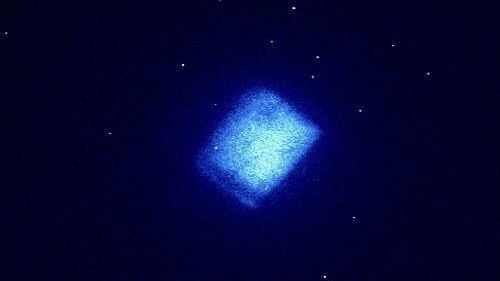The world’s first nuclear-powered battery, which uses a radioactive isotope embedded in a diamond, could power small devices for thousands of years, scientists say.
The nuclear battery uses the reaction of a diamond placed close to a radioactive source to spontaneously produce electricity, scientists at the University of Bristol in the U.K. explained in a Dec. 4 statement. No motion — neither linear nor rotational — is required. That means no energy is needed to move a magnet through a coil or to turn an armature within a magnetic field to produce electric current, as is required in conventional power sources.
The diamond battery harvests fast-moving electrons excited by radiation, similar to how solar power uses photovoltaic cells to convert photons into electricity, the scientists said.



What irks me is that neither the article nor the press information of the university linked within the article mentions how much power one can draw from such a battery. They only mention that it could be used for RFID like devices, which is not exactly a precise information.
15 Joules per 1g batteries over 24 hours. So around 0.416 watthours split linearly over 24 hours for a 100 g battery.
The figure in the article was per gram of Carbon-14, which is only one ingredient of the battery, so I’d imagine that the 15J/24h is for a much larger assembly. It might have a better energy density than an RTG, but that’s already a low bar.